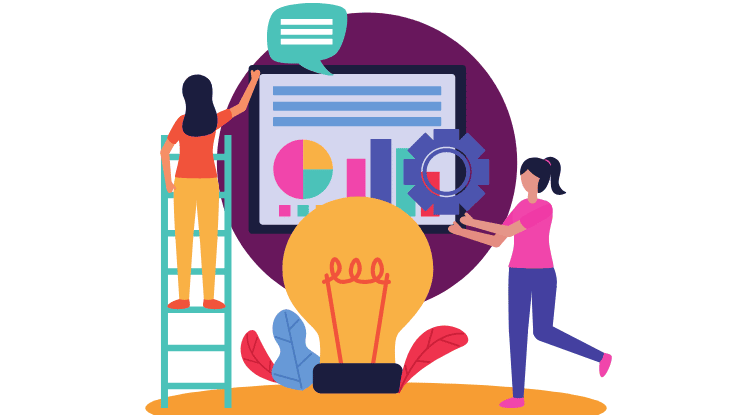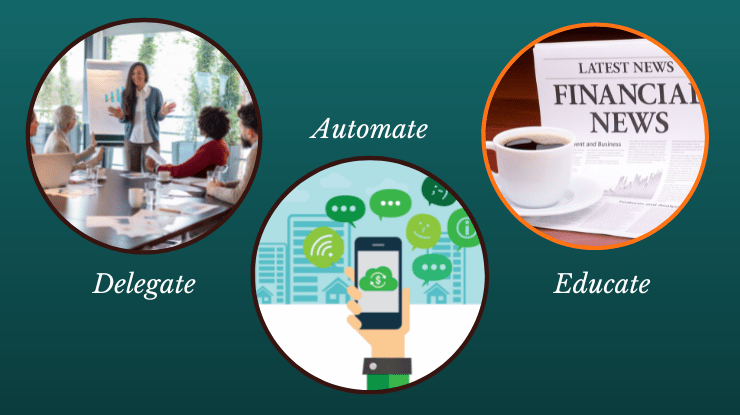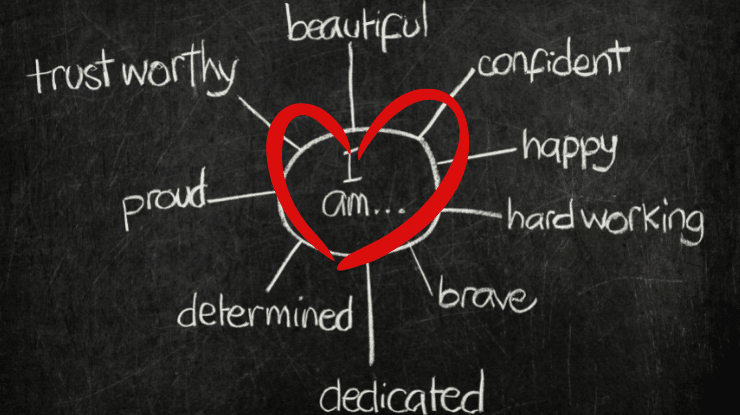Which game are you playing? It’s an important question I learned from interviewing successful women.
They taught me that, in the world of work, you are either playing The Underearning Game or The High Earning Game. There’s a big difference between the two.
The Underearning Game is called Not To Lose. The goal is to stay safe, look good, and be comfortable. There’s only one rule—avoid anything that feels uncomfortable or scary.
The High Earning game is called To Win. The goal is to go as far as you can with all that you got, and when you fall down, you get back up and keep going. The only rule here—play Full Out.
Problem is, sometimes it’s hard to tell which game you’re actually playing. There are times when I swear I’m giving my all. Then later it hits me—I was fooling myself. I really wasn’t playing a true Full Out.











